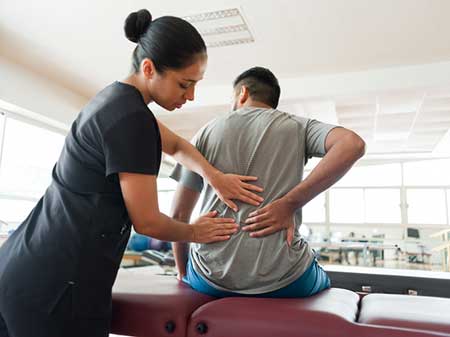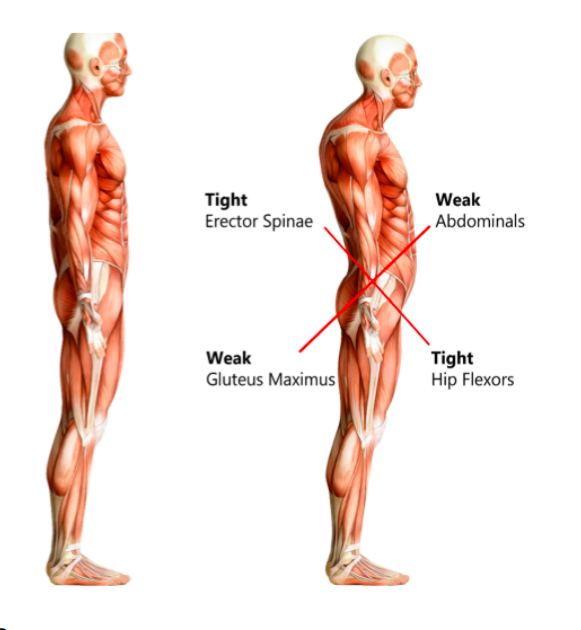Physiotherapist, Marco Sham on Sports Injuries
1) How is treating sport-related injuries different from treating other types of issues (if they are)?
The main difference to me in treating sports injuries compared to other types of issues is to recognize the goals of the specific athlete and what his/her routine is. What I mean by that is every sport is different, and depending on the age of the athlete, their training will be different, their in-season and off-season times will be different, their training intensity will be different, and their goals will be different.
For example, an athlete younger than 12 years old might be just beginning to play the sport. They may only play 2-3 times a week and will be focused on learning the mechanics of the sport. An athlete a little older at 17-18 years old will be completely different. Their training will focus on lifting a lot of weights and building muscle, and the frequency of training or games might be 5-6 times a week. Then you have the recreational athlete who plays for fun and exercises once or twice a week. All of these are important factors to consider when treating an injury because the program of care has to be tailored to that individual. If the athlete has a camp or tournament coming up, they will want to get back onto the field as soon as possible. If the athlete is in the off season, then I will have more time to educate them about their body and the movements they need to work on.
For me, the bottom line to treating an athlete is to communicate with them and educate them about what’s going on, what their recovery timeline is, and what we need to do to prevent an aggravation of the injury, even if it involves them missing games or a tournament. I will also talk about how the injury relates to their routine, so we can have a common understanding of why therapy is important. Athletes think differently than the average patient because they will not only look at the pain. They just want to get back onto the field and play for their team.
2) For people involved in sports, what are the main things they should know in order to avoid injuries?
The two main things I would say for an athlete to know to avoid injuries are to make sure you are performing your movements correctly, and to recover properly. The human body is made to move in certain ways, in which one muscle is supposed to do one thing and another muscle is supposed to do another. However, our body is so smart that it will adapt. Since our bodies move as a whole in kinetic chains, a weakness or tightness in one part of the body will not stop us from performing a motion because our bodies will adapt and find a way to perform that action. At the beginning it may not matter, but over time the muscles that are compensating will be overworked so much that it will cause injuries.
Another huge factor is recovering properly. This includes proper hydration after physical activity, proper sleep and rest, and a proper recovery program for your muscles consisting of stretching and foam rolling. A lot of athletes, especially youth athletes, do not stretch enough or even at all. Just think about this, if you are playing soccer and running on the field for 90 minutes, your muscles will be firing all the time and is on the “go go go” state. Now the game is over, and you go home without stretching, your body doesn’t really know that and is still ready to fire at any time. They will stay tightened and be ready to fire. Without stretching, your body doesn’t know it is time to relax and go into more of a rest state. Over time, your muscles will become so tight all the time because they don’t know when it’s time to relax. Proper hydration and rest/sleep also go a long way into giving your body the chance to recover and be ready for the next day.
3) What made you decide to pursue physiotherapy as a career?
I have been involved and interested in sports all my life. I watch pretty much all sports and enjoy playing different sports myself. I first got interested in physiotherapy during my undergraduate years in university and started volunteering at a physiotherapy clinic in the summer time. Although I was only there a few hours a day, I got to learn a lot about the profession and also had a front row seat to see what being a physiotherapist was like. I was able to sit in on assessments and observe various treatments, and seeing patients improve made me realize how rewarding this profession is and how we can actually make a difference.




